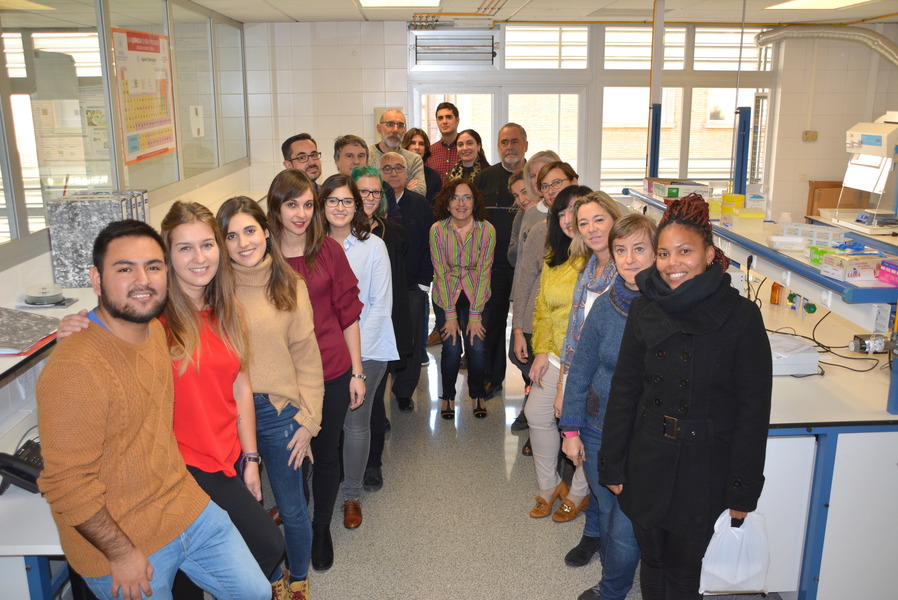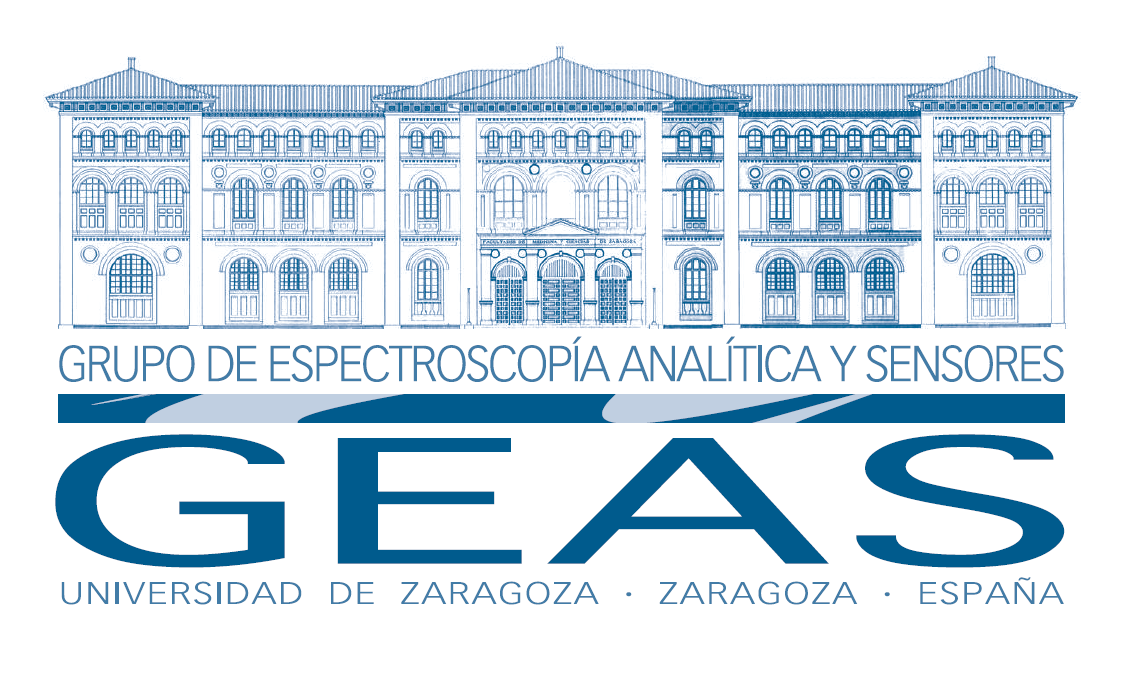Presentation
The Analytical Spectroscopy and Sensors Group (GEAS) was formed in 1982 in the Department of Analytical Chemistry of the University of Zaragoza. It has formed part of the IUCA since its foundation in 2008.
GEAS is a reference research group, recognized by the Government of Aragon and the University of Zaragoza.
It is an international reference in the field of analytical nanometrology, the investigation into and development of analytical sensors, and in the archaeometry and analysis of the heritage.
It leads the NANOBACT Action Group of the Iberus International Campus of Excellence, constituted by the University of La Rioja, the University of Lleida, the Public University of Navarre and the University of Zaragoza.
Lines of investigation
- Analytical Nanometrology
Investigation, development and application of new techniques, methods and analytical platforms for the detection, characterization and quantification of synthetic and natural nanomaterials in consumer products, the environment and biological systems; individual detection techniques for particles and cells
- Analytical Spectroscopic and Electrochemical Sensors
Design, development and application of catalytic and affinity-based (bio)sensors for the in-situ determination of pollutants, clinical parameters and other parameters of interest in the field of the environment, food safety and clinical biochemistry
- Characterization of heritage materials by means of non-destructive instrumental methods
Use of non-destructive instrumental techniques for improved understanding and conservation of the artistic and historical heritage, with particular emphasis on the study of ceramics, pigments and organic waste
Projects undertaken
- OUTBIOTICS: Innovative technologies for the diagnosis, prevention and elimination of emergent pollutants (antibiotics) from the waters of the POCTEFA region. POCTEFA 2014-2020.
- Analytical nanometrological platforms for the detection, characterization and quantification of inorganic nanomaterials in complex samples. MINECO.
- Innovations in functional-chemical speciation in environmental nanotechnology (nanometrology); characterization of artificial nanoparticles and natural organic matter. MINECO.
- Disposable electrochemical biosensors, based on screen-printing technology. MINECO INNPACTO.
- Development of electrochemical immunosensors for the determination of the mycotoxins OTA, DON and FB1.
- AOBANA: Colourings of the Japanese ukiyo-e prints; dye plants, procedures and analysis; cross-border cooperation between Aragon and Nouvelle-Aquitaine.
- Multi-analytical approach to the characterization of cosmetic products in archaeological material. MICIN.
Infrastructure
- Atomic spectrometry
- ICP Perkin Elmer NexION 2000 mass spectrometer with ionization source, equipped with system for introduction of individual particles and cells.
- Perkin Elmer A-300 atomic absorption spectrometer with electrothermic atomization, equipped with system for introduction of suspensions.
- Molecular spectrometry (portable systems)
- Konika Minolta CM-2600d reflectance spectrophotometer.
- VNIR SPECIM hyperspectral system, with spectrograph and scanning mirror.
- Chromatography and separation techniques
- Postnova asymmetric-flow field-flow fractionation system.
- Waters high-resolution liquid chromatograph.
- Bio-Rad gel electrophoresis system
- UV-visible absorption and fluorescence detectors, amperometry, and radiation dispersal device.
- Electroanalysis
- Eco Chemie AutoLab PGSTAT 12 and PGSTAT 10 Potentiostat
- DropSens µSTAT8000P portable Multi Potentiostat
- Other techniques
- Dynamic radiation dispersion
Technological Offer/Services
The experience we have acquired, together with the analytical technologies available in the GEAS laboratories, enable us to provide sound, reliable solutions to a broad variety of analytical problems, as well as consultancy in facilities and equipment for analytical laboratories.
The offer of services includes the following:
- Development of analytical methods for the control of various analytes and parameters in diverse samples.
- Detection, characterization and quantification of nanomaterials in complex samples.
- Characterization of materials of historical and cultural heritage.
- Development of sensors for specific purposes.
- Consultancy in analytical techniques.
- Training of technical staff for analytical laboratories.
Noticias del Grupo
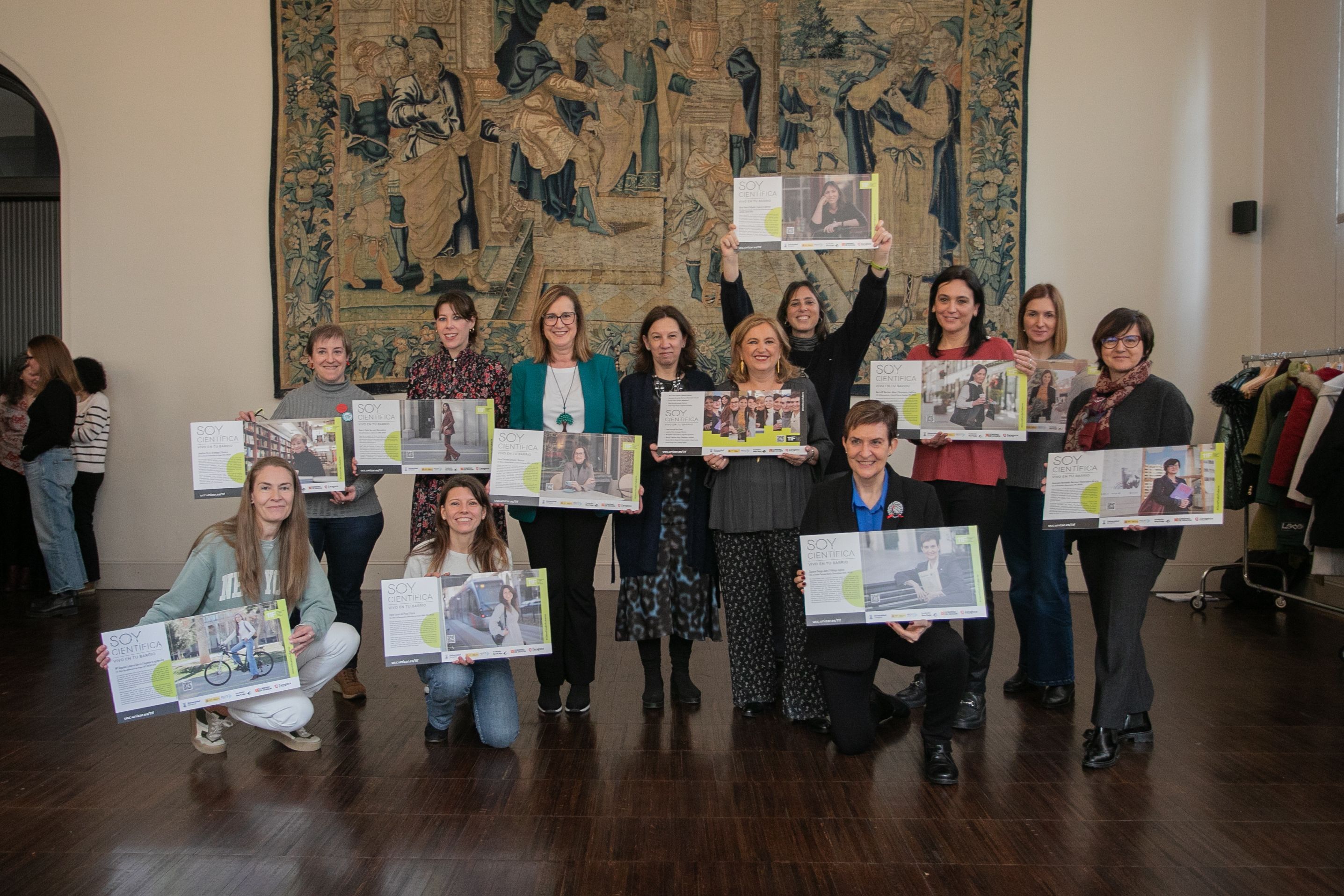
Breakfasts that spark scientific vocations
(Zaragoza, Tuesday, February 11, 2025). A total of 24 researchers from the five editions of the “I Am a Scientist. I Live in Your Neighborhood” campaign at the University of Zaragoza shared their passion and work this morning with 85 students: 40 from the public school María Moliner and 45 from Secondary and High School […].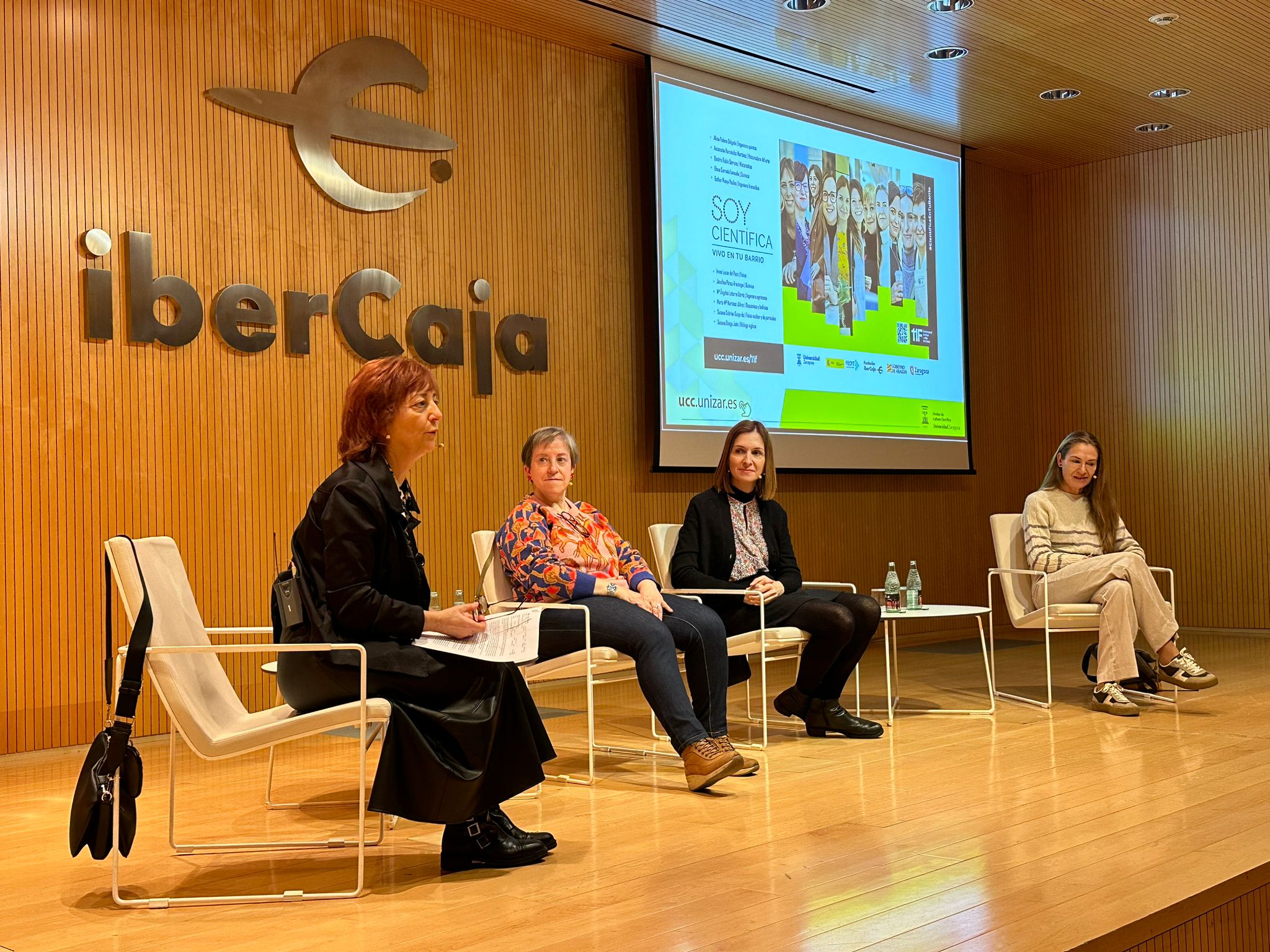
A Thousand students engage with female scientists from Unizar to celebrate 11F
(Zaragoza. Wednesday, February 12, 2025). A total of 1,004 students attended two roundtable discussions organized by the University of Zaragoza, in collaboration with the Fundación Ibercaja Patio de la Infanta, to commemorate the International Day of Women and Girls in Science. The event was held both in person and online, reaching students from across the […].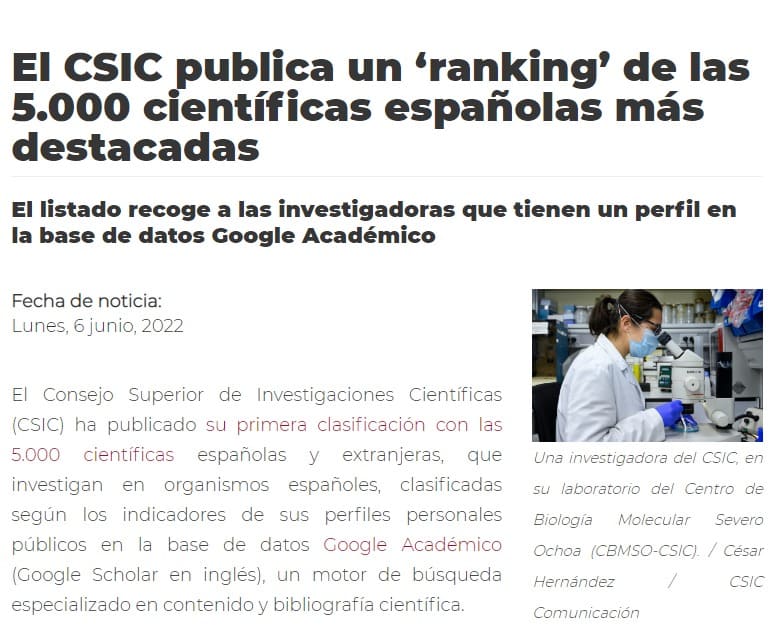
One hundred Unizar researchers, among the 5,000 most cited and best positioned Spanish scientists in Google Scholar
(Zaragoza. Friday, June 17, 2022). More than a hundred researchers from the University of Zaragoza are part of the 5,000 most cited and best positioned Spanish scientists, according to the ranking drawn up for the first time by the Higher Council for Scientific Research (CSIC) in order to increase visibility of the role of Spanish […].
| DGA REFERENCE GROUP: | E29_23R |
| YEAR OF CREATION: | 1982 |
| NUMBER OF THESES SUPERVISED (2025): | |
| NUMBER OF PUBLICATIONS (2025): | 3 |


